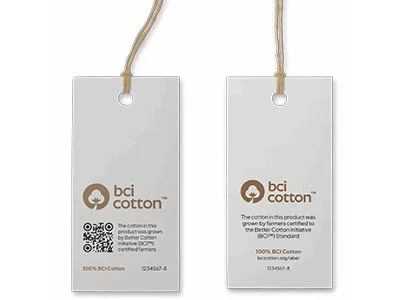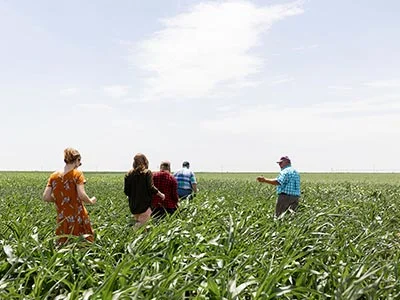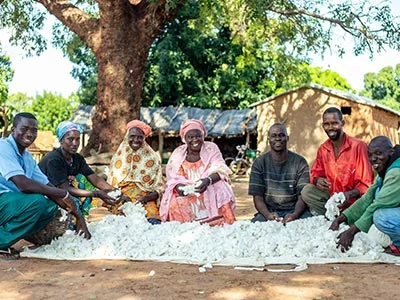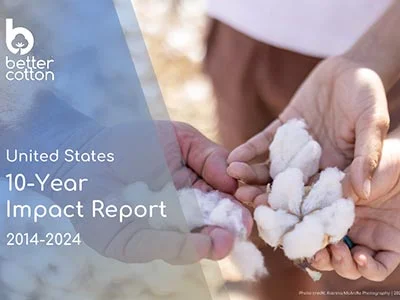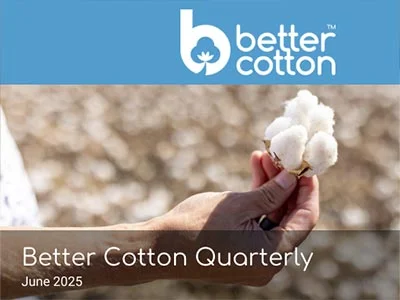International Women’s Day, 8 March 2018, provides an important moment for the Better Cotton Initiative (BCI) to highlightour commitment to women’s equality.
Gender discrimination remains one of the challenges in cotton farming. Women are frequently paid less than their male counterparts, despite the crucial role they play in the labour force. Women on many small farms provide substantial labour as unpaid family workers or low-paid day labourers and commonly perform some of the most arduous tasks, like cotton picking and weeding. Additionally, they may be excluded from leadership and decision-making as a result of entrenched gender bias within families and communities.
As the largest sustainable cotton programme in the world, the Better Cotton Initiative (BCI) seeks to address this challenge. Combating discrimination is an essential part of the Better Cotton Standard System — a holistic approach to sustainable cotton production, which covers all three pillars of sustainability: environmental, social and economic.
This month marks a milestone for BCI as the revised Principles and Criteria of the Better Cotton Standard take effect with an enhanced focus on gender equality in cotton farming. BCI has developed a clear position on gender equality, which aligns with the International Labour Organisation (ILO) Decent Work Agenda requirements on gender.
How Does the Better Cotton Standard Address Gender Equality?
The Better Cotton Principles and Criteria are central to the Better Cotton Standard System. By adhering to the Principles and Criteria, BCI Farmersproduce cotton in a way that is measurablybetter for the environment and farming communities. One of the key focuses of the Decent Work Principle — Better Cotton Farmers Promote Decent Work — is gender equality. This Principle addresses multiple factors like whether female farmers have equal access to training and whether there are female “Field Facilitators’ to reach out to female farmers and farm workers. It also provides guidance on gender equality practices to help overcome entrenched bias.
Meet Shama Bibi, a BCI Farmer in Pakistan who was keen to become a farmer in her own right and is now running her farm profitably and is able to provide for her eight dependents. As we continue to work with our Partners around the globe to address gender equality in cotton farming, we’ll be sharing more inspiring stories from female farmers. Keep an eye on our Stories from the Field page for more!






